
Times are indeed evolving, especially around transport & logistics management. Technology is disrupting the supply chain industry at a rapid pace and has taken many by surprise. During this decade, e-commerce and IoT have irreversibly altered every aspect of logistics management. To remain successful, supply chain managers are increasing their adoption of cloud and technology platforms and applications. Innovative technologies, such as blockchain and machine learning, are being implemented today with the potential of significantly reshaping existing supply chain operating models. By 2023, at least 50% of large global companies will be using AI, advanced analytics and IoT in supply chain operations. That same year, over 30% of operational warehouse workers will be supplemented, not replaced, by collaborative robots. In the digital transformation age, logistics is once again undergoing a major shift. Logistics technologies, such as robotic warehouse systems, make automation a reality, while drones improve last-mile delivery capabilities and better tracking with tools like RFID tags, which improve visibility throughout the supply chain.
These technologies also contribute to a rise in big data and analytics in the logistics field. RFID tags and robotic warehouse systems generate and transmit data that, when combined with other data sources, allow companies to optimize the supply chain and make better predictions and forecasts to improve efficiency and boost the bottom line.
A Tech Powered Competitive Edge
In 2019 alone, an estimated 60% of millennials’ purchases were made online, up from 47% two years ago. Retailers are increasingly catering to this new target group and shifting their approach to accommodate the unprecedented demand for a seamless, tech-powered e-commerce experience. Amazon’s continued success is proving that millennials aren’t as impressed by store brands or prices as much as by the speed, cost, and convenience of delivery. In order to meet the demands of this growing group of consumers with significant spending power, the supply chain industry has to adapt to meet their buying behavior. In order to meet the demands of millennials for fast, convenient, and transparent e-commerce deliveries, supply chain managers are increasingly leveraging location intelligence and location data to raise visibility throughout their whole logistics process and to optimize their delivery routes. Real-time location tracking and real-time traffic updates are proving to be crucial for matching the one-day delivery expectations set by Amazon. Such technology allows retailers and logistics companies to seamlessly and reliably share data back and forth, to meet ETAs and improve the customer experience. Real-time, data-driven decision making, improved driver efficiency, optimized fleet performance, increased supply chain visibility, precise vehicle tracking, lower operational and insurance costs are just some of the benefits of implementing the right technology application.
Tech Implementation Tips
Introducing new technology into an organization can be daunting, particularly if it disrupts everyday practices or decommissions tools that employees are comfortable with. Tech-savvy supply chain managers, who want to avoid common missteps like employee pushback or loss of service when integrating new technology, may find the following tips helpful.
1. Collaborate with IT, but lead the charge
While IT managers are the ones who will carry out the technology integration, it is the supply chain managers who should own the implementation process. Asking IT to manage the process from start to finish might seem like the easier and cleaner approach, but supply chain managers should be involved in the process to ensure applications and APIs are being utilized to fully meet their needs.
2. Provide education and training
Any successful technological implementation requires employee buy-in, so they understand why it is required, what it does, how it works, and the impact it will have on their job. Employee resistance to change is the most common factor in failed business transformations. To avoid this conflict, supply chain managers are advised to embrace transparency and keep an ‘open-door’ policy.
3. Request feedback
When rolling out new processes, supply chain managers shouldn’t forget to ask staff members for continuous feedback. With an open-feedback policy, managers can stay on top of how changes are being received, the impact of the changes on team morale, and collect suggestions on how to improve the newly implemented process.
Determining the correct technology is merely the first step and can become unhinged if the implementation process is not properly executed. Clearly identify and define the specific goals of the technology application. During the entire implementation process it is vital to ensure collaboration between logistics personnel and the technology team to maintain focus on the original goals. If not kept on track the technology team may wander. To find out more about how technology can improve your operations contact us today.
Read More


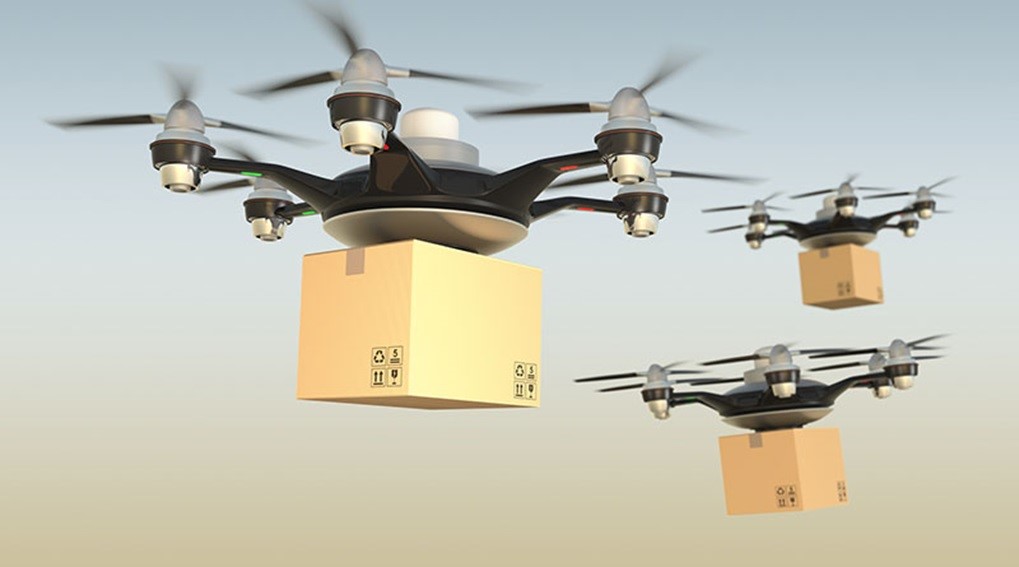

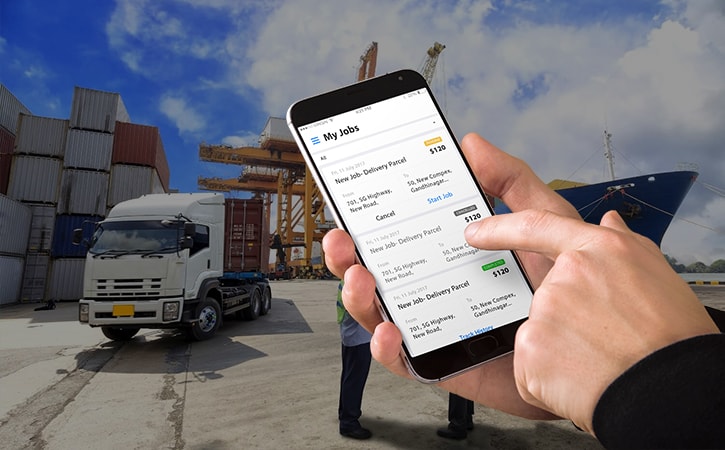

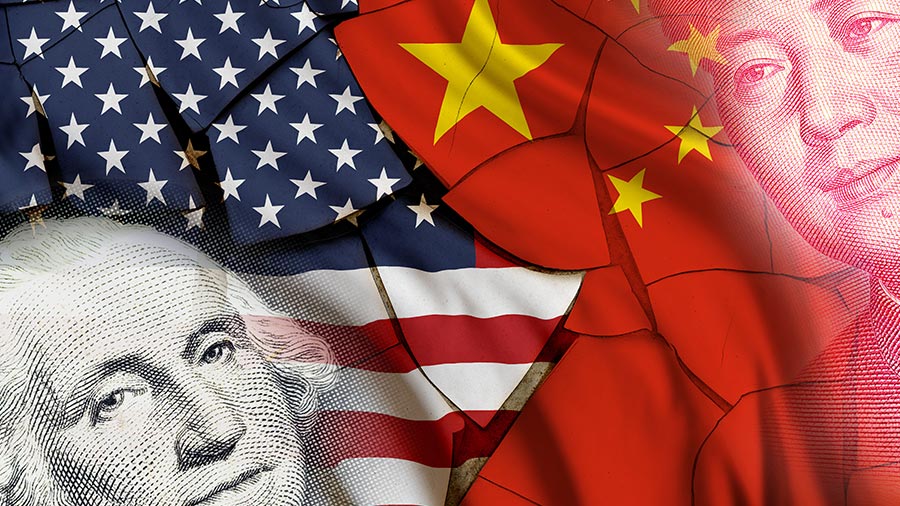
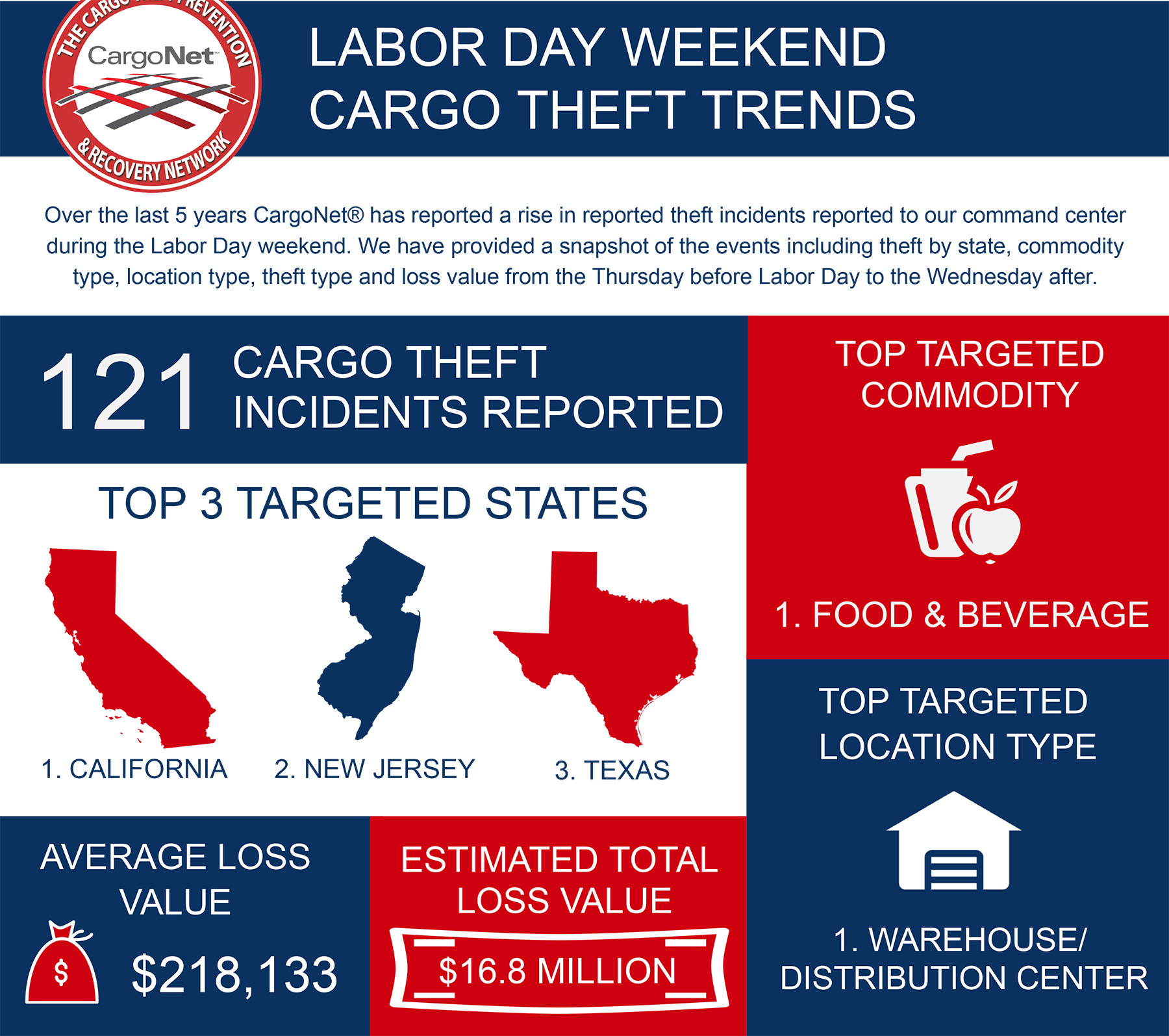
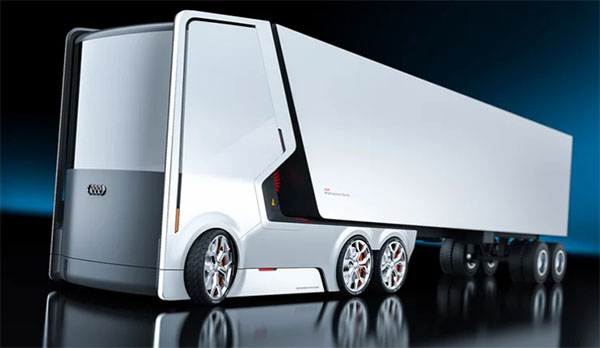


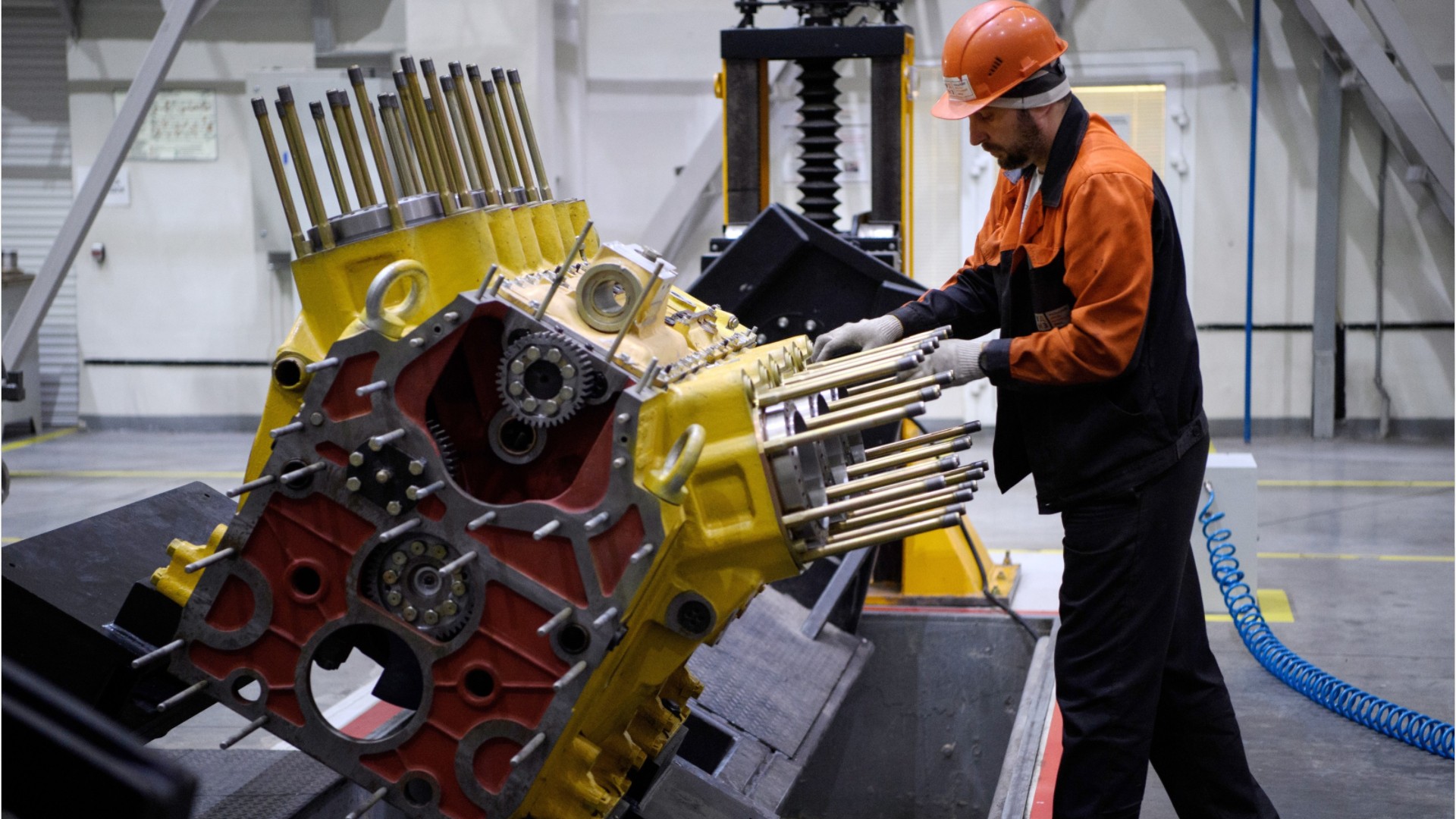
 Land-Link, a well respected professional organization, has been providing its clients with effective transportation and logistics solutions since 1978.
Land-Link, a well respected professional organization, has been providing its clients with effective transportation and logistics solutions since 1978.

